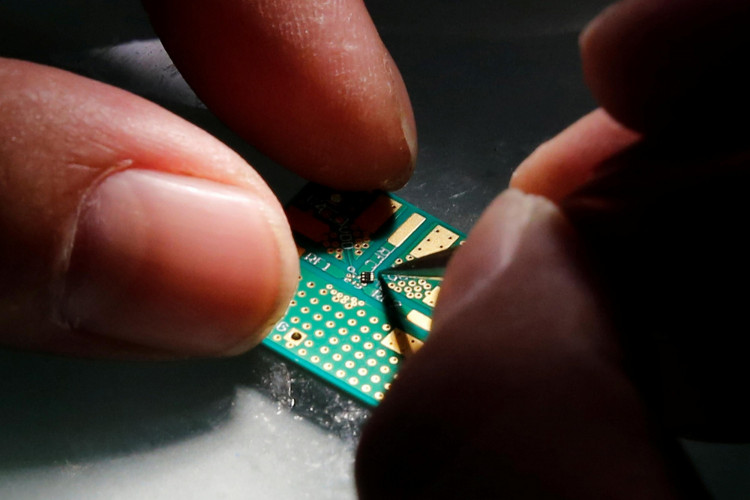United States' top Democrat Senate encouraged legislators on Monday to support his proposal to forbid the U.S. government from doing business with organizations that utilize semiconductors supplied by businesses the Pentagon deems Chinese military contractors.
"If American business wants the federal government to buy their products or services, they shouldn't be using the kind of Chinese-made chips that, because of Chinese government involvement, put our national security at risk," Senator Chuck Schumer said. "We need our government and our economy to rely on chips made right here in America."
The National Defense Authorization Act, also known as the NDAA, is an annual law that establishes policy for the Department of Defense and is anticipated to be approved by the Senate and House of Representatives in December. Republican Senator John Cornyn and Senator Chuck Schumer introduced their proposal as an amendment to the NDAA.
The NDAA is widely monitored by a wide range of industrial and other interests since it is one of the few significant pieces of legislation Congress passes each year, deciding everything from the purchases of ships and aircraft to pay hikes for the troops and how to manage geopolitical threats.
The bill is also used by lawmakers as a platform for a variety of policy initiatives. The Schumer and Cornyn proposal would extend the current restriction on the use of Chinese semiconductors by the government. The NDAA for 2023 allows spending of more than $800 billion.
"We need to stay tough on the Chinese government and its actions," Schumer said.
The NDAA is a yearly measure that enables Congress to establish defense policy guidelines. Although Congress must approve appropriations bills to provide funds for the U.S. military, it uses the NDAA to set defense priorities, reorganize military departments, and give instructions on how funding should be used.
The Act covers programs conducted by other organizations in addition to the Department of Defense, such as the Federal Bureau of Investigation's counterintelligence operations and the Department of Energy's nuclear weapons projects.
China is adamant that it will overtake other countries' leaders in the semiconductor industry, and the U.S. is equally adamant that this cannot happen. These more stringent measures shouldn't come as a surprise to anyone because Washington has been outlining its policies for months. The global IT sector has been struggling with shortages for the past two years while also having to deal with rising inflation.
A recession now seems all but certain as central banks intervene to boost interest rates. This will reduce the demand for semiconductors, which are used in everything from data centers to Apple Inc. There were definite indications that significant areas of the chip industry were experiencing an oversupply even before this phase of monetary tightening got going.





